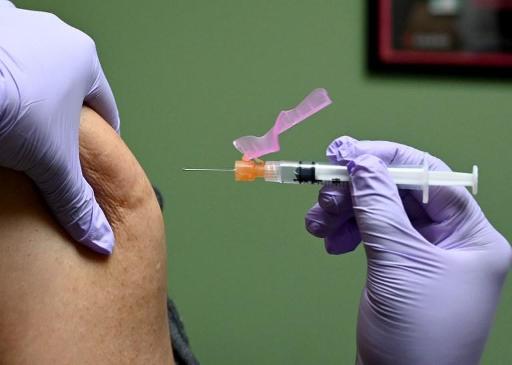EU heads of state or government discussed yesterday via video conference the coordination on the response to the COVID-19 pandemic. They shared best practices and exchanged views on testing, vaccinations and detecting new variants of the virus but did not take any new decisions.
The meeting followed the European Commission's adoption on Tuesday of a new plan for a united EU front to step up the fight against the pandemic aiming at vaccination 70 % of the adult population by summer 2021.
No written conclusions after the Council meeting were published. President Charles Michel summarized orally the main conclusions as follows.
- Leaders noted the seriousness of the situation especially in the light of the new variants. They are determined to limit the spread of the virus by adopting similar measures among the Member states. In this context, increasing our sequencing capacity is key.
- Borders need to stay open to ensure the functioning of the Single market, including the flow of essential goods and services. No indiscriminate travel bans should be imposed.However, measures restricting non-essential travel in the EU may be needed to contain the spread of the virus.
- While uppholding its principles, the Council may need to review its recommendations on intra-EU travel and non-essential travels into the EU in light of the risks posed by the new virus variants.
- On testing, leaders welcomed the work achieved so far and the agreement on rapid antigen tests and the mutual recognition of test results.
- Leaders want vaccination to be accelerated. In this respect, commitments on deliveries made by companies must be respected. Leaders reaffirmed that vaccines should be distributed at the same time and must be on a pro rata/population basis.
- Leaders reaffirmed the need to have a close follow-up of the vaccination process.All possible means will be examined to ensure rapid supply, including early distribution to avoid delays.
- Leaders agreed to work on a standardised and inter-operable form of proof of vaccination for medical purposes. Leaders will determine at a later stage in what circumstances these certificates could be used.
- Leaders reaffirmed their solidarity with third countries. Effective support should be delivered as soon as possible.
The Brussels Times

